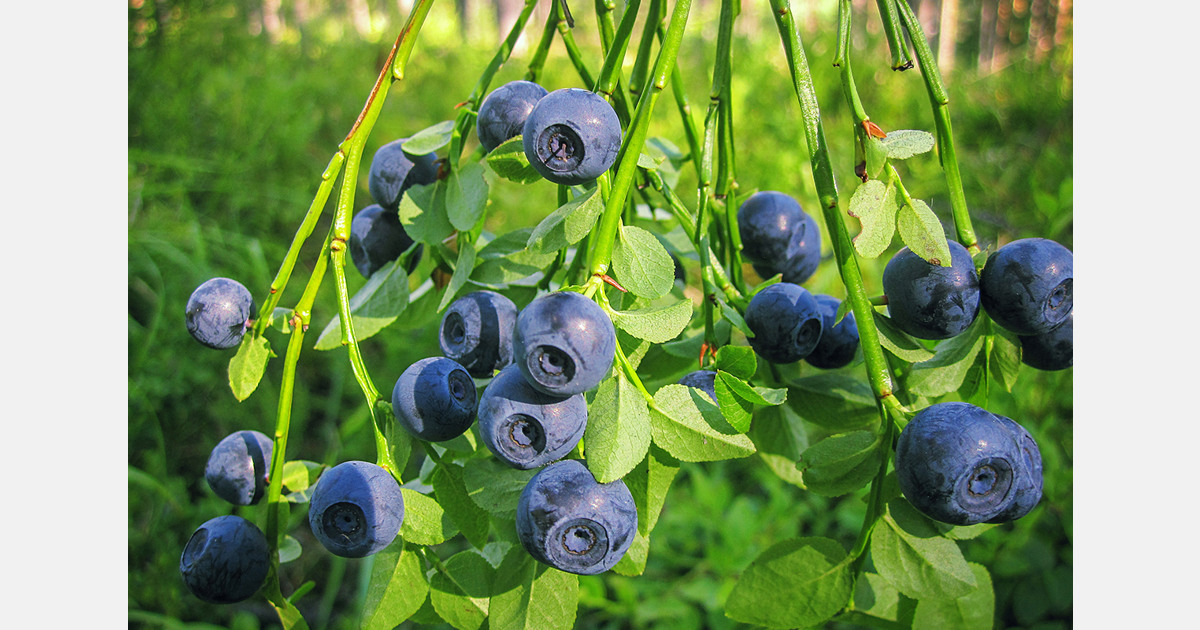
Between January and September 2025, Peru exported US$743.248 million in blueberries, an increase of 25.5 per cent compared with the same period in 2024, according to the Agro-export Management of the Association of Exporters. The data reflects continued growth in Peru’s berry portfolio and raises questions about how to sustain performance in more competitive markets.
Trade Map figures show that in 2024 Peru remained the world’s largest blueberry exporter, with sales of US$2.270 billion and a 34 per cent share of global exports. The Netherlands followed with 12 per cent, Spain with 9 per cent, Morocco with 8 per cent, and Chile with 7 per cent. Maintaining this position requires consolidation of existing markets and expansion into higher-value destinations such as Japan.
The United States remains the leading buyer so far in 2025, with US$321.310 million in purchases, although orders fell 7 per cent. The Netherlands registered US$142.465 million, up 55.4 per cent, and China reached US$120.623 million, increasing 280.6 per cent. Other destinations include the United Kingdom, Hong Kong, Taiwan, Spain, Colombia, Germany, and Thailand.
On the supply side, the leading producing regions are La Libertad (US$432 million), Lambayeque (US$132.504 million), and Ica (US$56.067 million), followed by Áncash, Lima, Piura, Callao, and Moquegua. Ica has drawn attention after a recent visit by a Japanese delegation evaluating Peruvian blueberry production.
A delegation from Japan, led by ambassador Tsuyoshi Yamamoto, visited farms and packing operations in Ica and Chincha to review harvesting, packaging, and cold-chain handling. These stages are key to meeting Japanese food-safety and quality requirements. ADEX director Patricio Luzanto said Japan is a market of interest and noted that blueberries “have enormous potential.” He said both countries need coordinated work toward a phytosanitary protocol that would allow access for fresh blueberries.
Luzanto said a government-level agreement is needed to establish formal export rules for the Japanese market. Japan mainly consumes blueberries at breakfast and produces smaller berries with different flavor profiles, creating an opportunity for Peruvian fruit. Ambassador Yamamoto described the blueberry as a “symbol of Peruvian agro-industrial strength” and noted the technical capacities observed during the visit, including resource management, standardized processes, labor practices, and food-safety compliance.
As Japan rises to 26th place among blueberry-importing countries, with a 6 per cent increase in 2024, Peru aims to convert this demand into a future export market. Continued investment in technology, traceability, and regulatory alignment will be central as growers adapt to evolving conditions and work to secure new destinations for fresh blueberries.
Source: Blueberries Consulting
